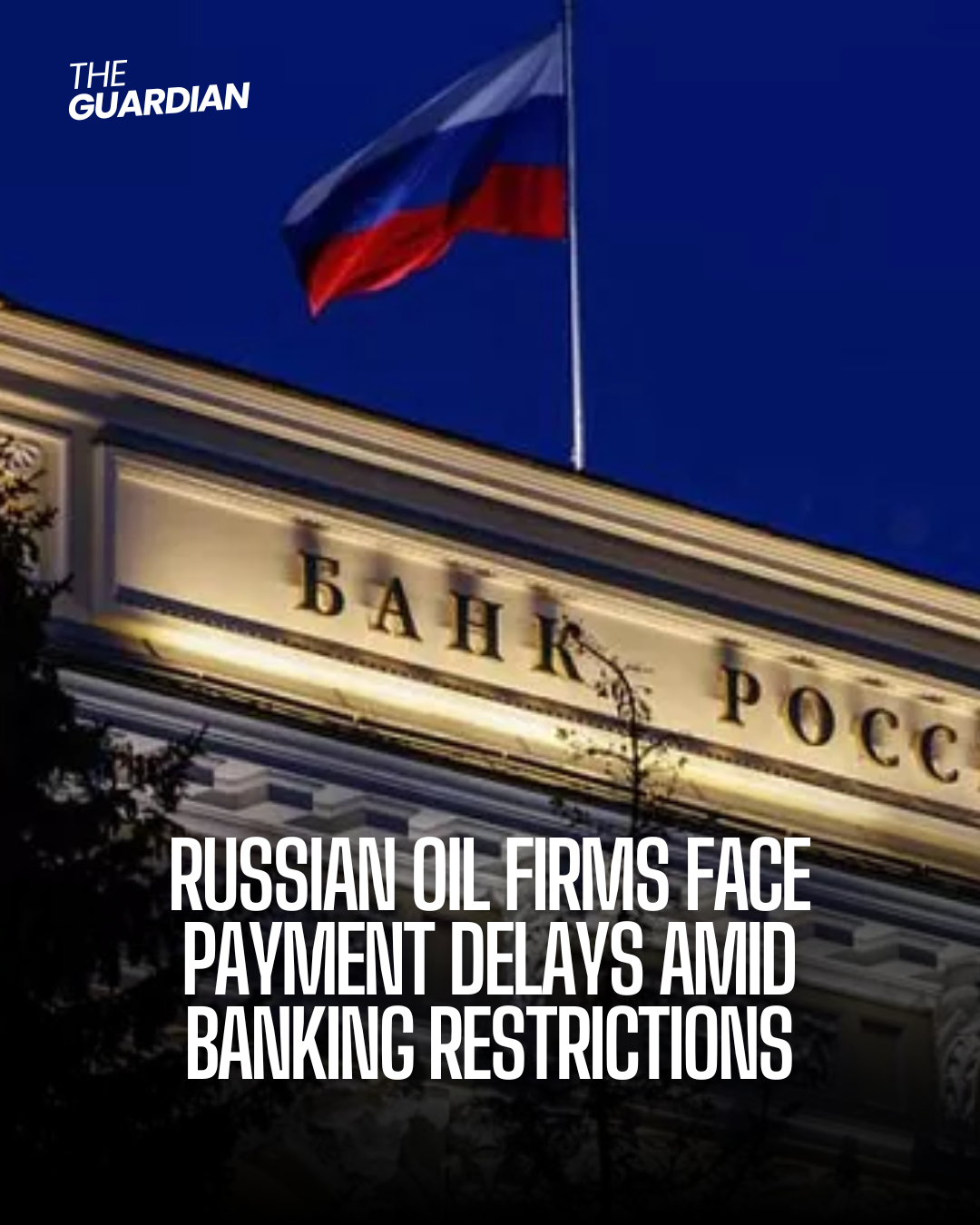Russian oil companies are experiencing several months of delays in receiving payments for crude and fuel, according to sources familiar with the matter.
Banks in China, Turkey, and the United Arab Emirates (UAE) exercise greater caution regarding U.S. secondary sanctions.
Impact of Payment Delays:
These payment delays not only disrupt the Kremlin’s revenue streams but also introduce unpredictability, aligning with Washington’s dual policy sanction objectives of impeding funds flowing to Russia while maintaining global energy stability.
Stringent Sanctions Compliance:
Banks in China, the UAE, and Turkey have recently heightened their sanctions compliance protocols, leading to delays or refusals in transferring funds to Moscow.
Clients must now provide assurances that no individuals or entities listed in the U.S. Special Designated Nationals (SDN) roster are involved in transactions or beneficiaries of payments.
Banking Responses:
In response to these compliance measures, some banks, such as First Abu Dhabi Bank (FAB) and Dubai Islamic Bank (DIB) in the UAE, have suspended accounts related to Russian trade activities.
Others, like Mashreq Bank, Ziraat Bank, and Vakifbank in Turkey, as well as ICBC and Bank of China in China, continue processing payments with significant delays.
Official Response and Outlook:
Kremlin spokesperson Dmitry Peskov acknowledged the payment challenges, attributing them to intensified pressure from the United States and the European Union on China.
Despite these obstacles, Peskov expressed optimism about the ongoing development of trade and economic relations between Russia and China.


























